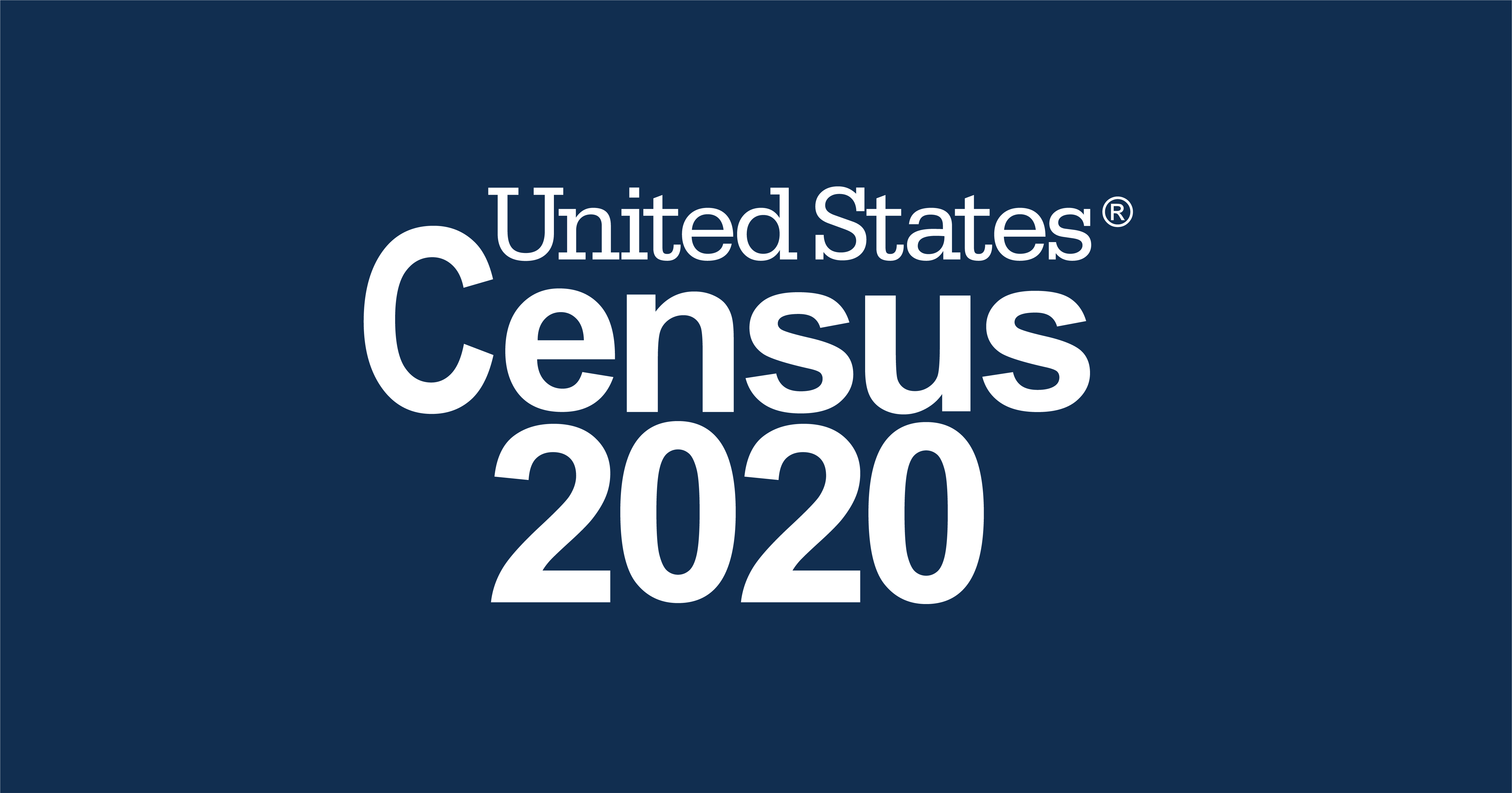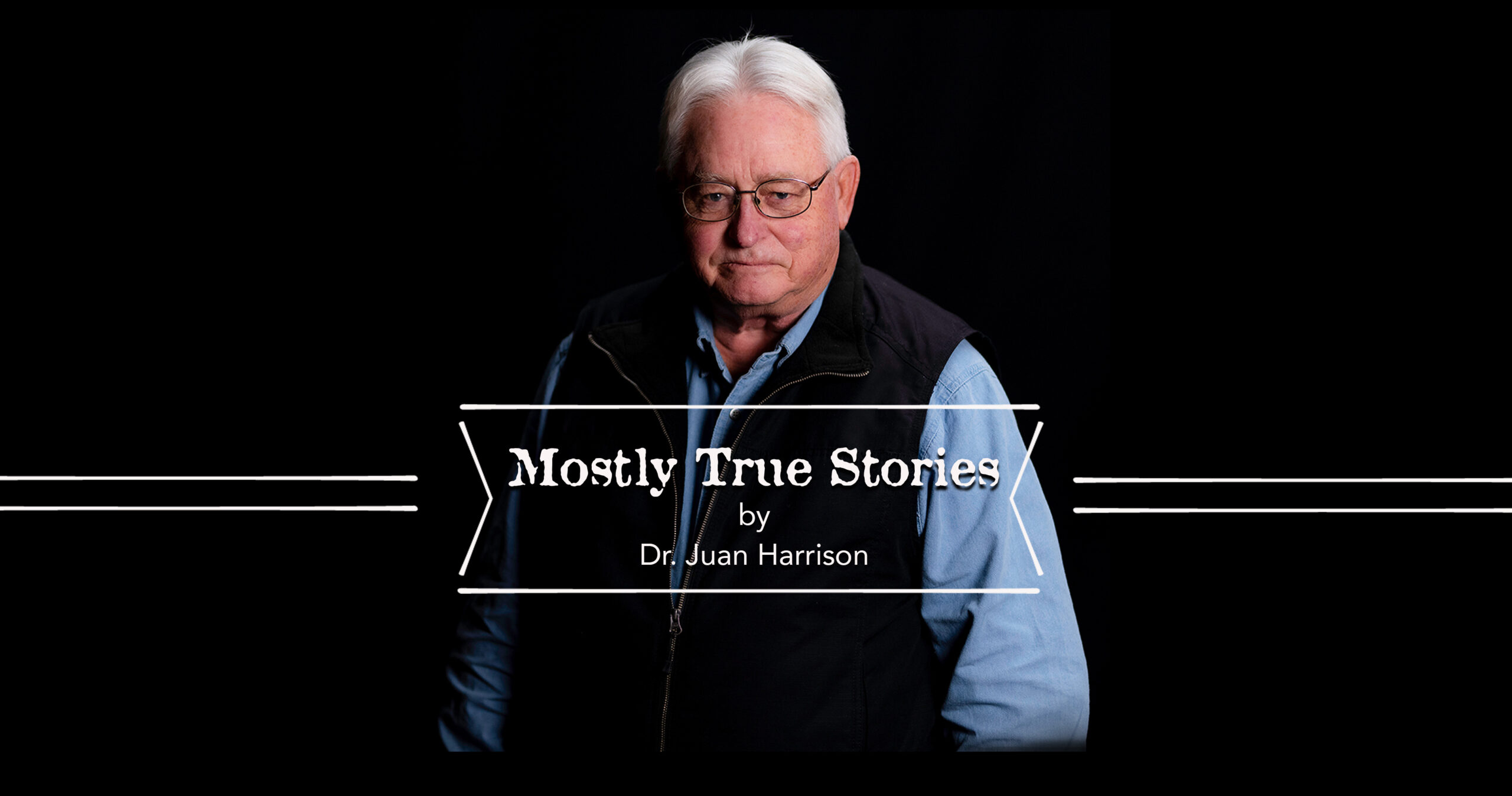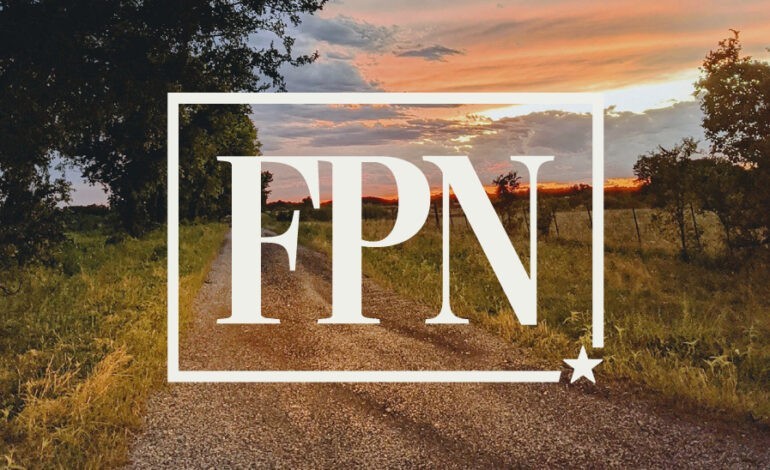The 2020 Census is the buzz. What does it mean, why is it so important? by Sulphur Springs Public Library Director Hope Cain

[adning id=”33097″]

Census Bureau mailed an invitation to complete the 2020 census online or by phone. The invitation included a code to identify the residence and help minimize duplicate responses. The online census portal is open now. The census is simple safe and significant for people in our community.
[adning id=”33207″]
Poor access to technology or a bad internet connection should never be a barrier to participation in this vital exercise in our democracy. With our nation’s first-ever digital census around the corner, public libraries will offer reliable and trusted places for citizens to get information, fill out their forms and ensure a full and accurate count in 2020. The library is one of several designated “communication hubs” established in familiar locations across the city to help residents access and take the census. Staffers will help residents navigate the website. The library is not only a trusted welcoming place, but it is also the sole source for internet access for many people in our hard to count community.
Learned that the census count is closely tied to millions of dollars in federal funding for our community
Hopkins County does not want to be undercounted and miss out on critical resources. The library can help and staff is ready to assist with the census. As of May 5th, Hopkins County’s Self Response rate is 52.2%. We need to boost that response rate so, come to the library, fill out and return your census and get a free census themed giveaway!
[adning id=”33207″]
People think that voting is their civic duty and the feel obligated to do it. However, they do not realize that the census has just as much impact on their world as voting does. For example, census data directly impacts congressional redistricting efforts, as well as the number of representatives a state sends to Congress, the census even impacts how much in federal funds will be distributed for local programs – everything from Medicaid to SNAP benefits.
The census is one way the people of this country become more visible. Only 2/3 of respondents marked themselves “extremely likely” or “very likely” to complete a census form- the main barriers being concerns about data privacy and confidentiality, fear of repercussions, distrust in all levels of government, feeling that being counted doesn’t matter and the belief that completing the census might not benefit someone personally.
Government attempts to gather citizen data are often met with hostility – and this year’s census is no exception. The flames of any mistrust that might have already surrounded this census have been fanned at least twice: First, by the new option to complete the form online, which may be met with diffidence by the 52% of American adults whom the Pew research Center calls “relatively hesitant” about using digital tools, and which may also raise concerns around cybersecurity. Second, by the Trump administration’s controversial and ultimately failed attempt to add a citizenship question. There is a lot of fear around providing information to the government. By law, census data cannot be shared with Department of Homeland Security, US Immigration and Customs Enforcement or any other government agency or court. For the more than 15% of US adults who speak a language other than English at home, the prospect of completing a lengthy census from may be daunting. (The Census Bureau does supply video and print guides in 60 languages as well as Braille and Large Print; questionnaire assistance and internet self-response in 12 non-English languages and Tagalog; and a paper census form in Spanish)
[adning id=”33207″]
In addition to governmental services and funding, the data collected on the census allows people and businesses to understand and analyze information and use it to learn about their communities.
For example:
The 2010 census data showed that 19% of Adults in Hopkins County do not have a high school diploma. The public library was able to show these data to area businesses and obtain donations to begin participating a high school diploma scholarship program for adults. We have had seven graduates and have more scholarships available. We would not have been able to join this program without the census data.
[adning id=”33207″]













